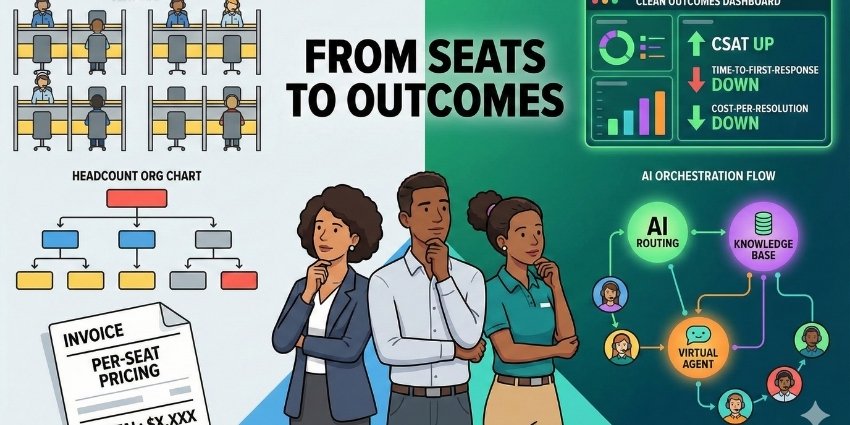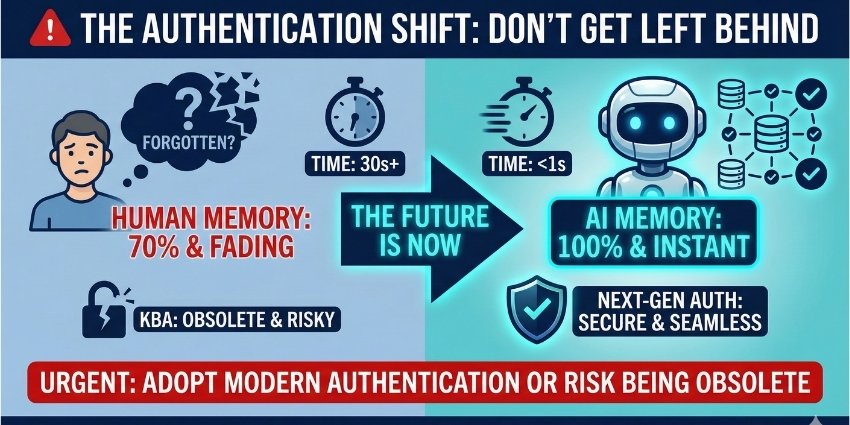Mitel is poised to file for Chapter 11 bankruptcy, according to Bloomberg sources.
The publication broke the story, reporting that the enterprise communications company could officially file for protection “as soon as next week.”
The bankruptcy follows reports that Mitel’s debt is rapidly losing value.
Indeed, according to Bloomberg sources, the company’s $235 million first-lien term loan, set to mature in December 2025, is now trading for a fraction of a cent on the dollar.
But what exactly does this mean for Mitel moving forward?
With so many different variations of bankruptcy available, it can be difficult to understand what each one really means.
Chapter 11 bankruptcy is primarily for businesses that have accrued substantial debt.
Unlike Chapter 7, which involves liquidation, Chapter 11 allows a company to restructure its debt while continuing operations.
For Mitel, this provides time to adjust to its revenue and manage its debt repayment.
CX Today has reached out to Mitel for a comment, and a spokesperson from the company shared the following statement:
Mitel has been proactively working closely with our lenders to optimize our capital structure and position the company for sustained, long-term success. All the paths we are evaluating will allow Mitel to continue operating in the ordinary course and will set us up to be an even stronger vendor and partner. Please note that any definitive updates will come directly from Mitel.
How Did Mitel Get Here?
CX Today reached out to Zeus Kerravala, Principal Analyst at ZK Research, to share some insights on how the company could have ended up in this position.
For Kerravala, Mitel’s troubles can be condensed into two key areas.
Firstly, the transition from a public company to a private company was heavily funded by debt, leaving the vendor in a potentially precarious financial situation.
Secondly, the company’s acquisition strategy appears to have hindered rather than helped.
“They tried to be all things to all people, which backfired,” Kerravala explains.
For example, a big issue was the acquisition of ShoreTel. Mitel thought they were getting a solid UCaaS solution, but the product had significant stability issues.
“It was a first-generation solution that didn’t perform well, which forced Mitel to re-evaluate and focus on their strengths – like the hybrid model.”
However, despite the previous shortcomings, Kerravala is optimistic about what this will mean for the future of Mitel.
He compares the situation to Avaya’s initial bankruptcy proceedings back in 2017, explaining how a lack of strategy resulted in the company landing itself back in trouble in 2023.
Mitel, on the other hand, appears to have prepared for the current situation by restructuring its strategy, rebuilding its product line, and forming new partnerships – most recently with Genesys.
The analyst believes that if this strategy proves to be successful, “the bankruptcy could actually position the company better than before.”
“Mitel has a unique position in the on-prem market, especially with some of the Avaya base seemingly up for grabs”
“It’s taken on a lot of debt from its acquisitions. If it can manage that debt, Mitel could redirect funds to R&D and channel programs.
If I were a customer, I’d be happy to hear this.
An All Too Familiar Story
As touched upon by Kerravala, Mitel’s situation is far from unique within the customer service and experience sector.
Just over two years ago, Avaya also filed for Chapter 11 bankruptcy protection, making it the second time in the space of six years.
The vendor has since successfully restructured and emerged from bankruptcy, but the struggles of both Avaya and Mitel should act as a warning for other CX vendors.
While Kerravala provided some insights into the specific shortcomings of Mitel, more generally, there is a growing issue with an overly saturated UCaaS and CCaaS market.
As a company that straddles both areas, Mitel has to compete in an incredibly competitive and crowded space.
This point was made by Dom Black, Head of Research at Cavell, in a discussion with UC Today almost two years ago.
Speaking in the aftermath of Avaya’s bankruptcy, Black warned that many vendors may face the same struggles.
In an unfortunately accurate prediction, the Cavell man stated:
I think the comms space is – to some extent – oversaturated with vendors and there’s a number that won’t be surviving this over the next few years.







